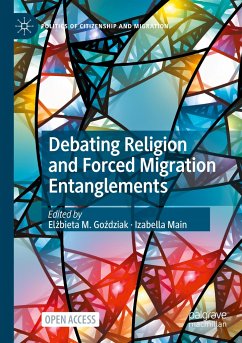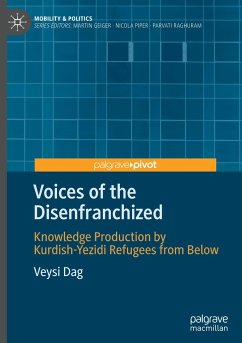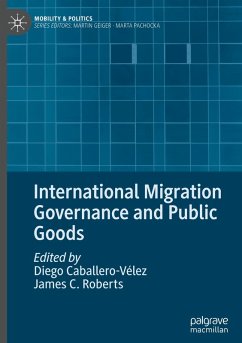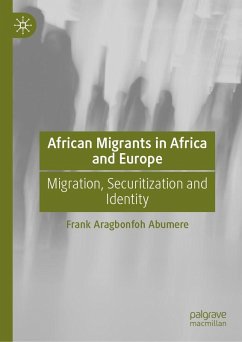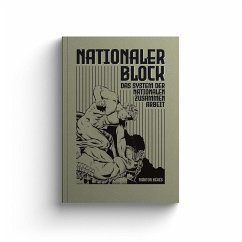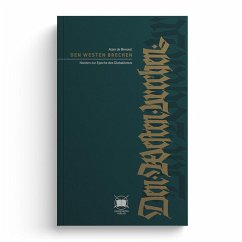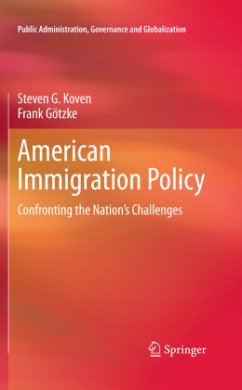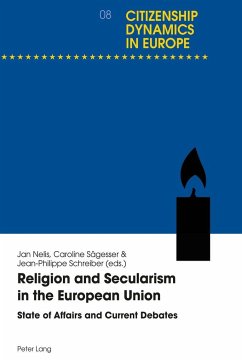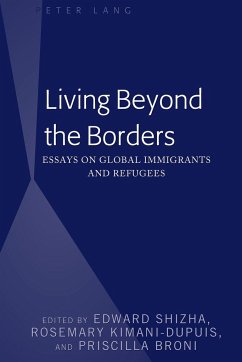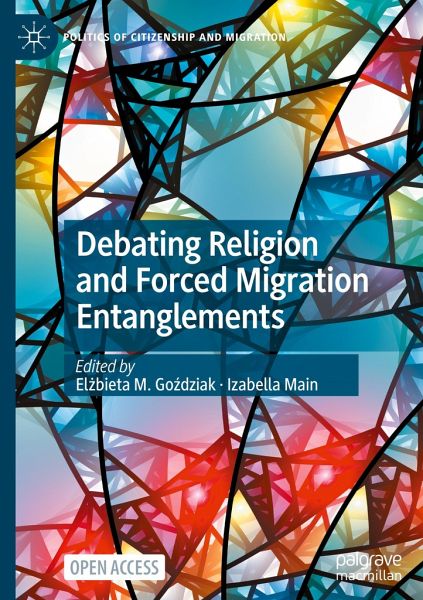
Debating Religion and Forced Migration Entanglements
Versandkostenfrei!
Versandfertig in 6-10 Tagen
38,99 €
inkl. MwSt.

PAYBACK Punkte
19 °P sammeln!
This open access book brings into dialogue emerging and seasoned migration and religion scholars with spiritual leaders and representatives of faith-based organizations assisting refugees. Violent conflicts, social unrest, and other humanitarian crises around the world have led to growing numbers of people seeking refuge both in the North and in the South. Migrating and seeking refuge have always been part and parcel of spiritual development. However, the current 'refugee crisis' in Europe and elsewhere in the world has brought to the fore fervent discussions regarding the role of religion in ...
This open access book brings into dialogue emerging and seasoned migration and religion scholars with spiritual leaders and representatives of faith-based organizations assisting refugees. Violent conflicts, social unrest, and other humanitarian crises around the world have led to growing numbers of people seeking refuge both in the North and in the South. Migrating and seeking refuge have always been part and parcel of spiritual development. However, the current 'refugee crisis' in Europe and elsewhere in the world has brought to the fore fervent discussions regarding the role of religion in defining difference, linking the 'refugee crisis' with Islam, and fear of the 'Other.' Many religious institutions, spiritual leaders, and politicians invoke religious values and call for strict border controls to resolve the 'refugee crisis.' However, equally many humanitarian organizations and refugee advocates use religious values to inform their call to action to welcome refugees andmigrants, provide them with assistance, and facilitate integration processes. This book includes three distinct but inter-related parts focusing, respectively, on politics, values, and discourses mobilized by religious beliefs; lived experiences of religion, with a particular emphasis on identity and belonging among various refugee groups; and faith and faith actors and their responses to forced migration.





